Disclosure: This article contains affiliate links. We may earn a commission from purchases at no extra cost to you, which helps our travel content.
I've always believed that the most transformative journeys are the ones that push us beyond our comfort zones, and my two-week solo adventure along the Trans-Siberian Railway to Lake Baikal certainly qualifies. After years of traveling with my husband (who I met, hilariously enough, while getting hopelessly lost on Bangkok's BTS), I decided it was time for a solo expedition that would challenge my methodical travel style. Lake Baikal—the world's deepest and oldest freshwater lake—had been calling to me for years, with its reputation for pristine beauty and spiritual significance. As someone who finds meaning in cultural immersion, the idea of experiencing Siberian shamanic traditions and connecting with local communities around this UNESCO World Heritage site was irresistible. So I packed my bags, kissed my husband goodbye, and embarked on what would become one of the most profound travel experiences of my life—a journey across Russia's vast landscape to the 'Sacred Sea' of Siberia.
Planning Your Trans-Siberian Journey to Baikal
When I first mentioned my plans to travel solo on the Trans-Siberian Railway to Lake Baikal, I got two reactions: wide-eyed wonder or concerned confusion. 'Isn't that... complicated?' Yes, but with methodical planning (thank you, quality control career), it's absolutely doable for experienced travelers.
The Trans-Siberian Railway isn't a single train but a network of routes. For my journey, I chose to start in Moscow, traveling on the main Trans-Siberian line to Irkutsk—the gateway city to Lake Baikal. The entire journey spans nearly 3,300 miles and crosses five time zones!
Booking train tickets was my first challenge. While you can book through agencies, I saved about $200 by using the official Russian Railways website (RZD.ru). It's available in English, though the translation can be spotty. I'd recommend using the Russian phrasebook I brought—it proved invaluable throughout my journey, not just for the booking process.
For accommodations, I splurged on a 2nd class (kupe) cabin rather than the more economical 3rd class (platzkart). As a solo female traveler, having a lockable compartment shared with just three others instead of an open-plan carriage with 54 bunks felt worth the extra cost. My cabin mates—a Russian grandmother traveling to visit family, a university student, and a businessman—became impromptu cultural guides despite our language barriers.
The journey from Moscow to Irkutsk took about 3.5 days. I broke up my trip with an overnight stay in Yekaterinburg to see the Church on the Blood and stretch my legs. If you have the time, I highly recommend this approach to avoid cabin fever!
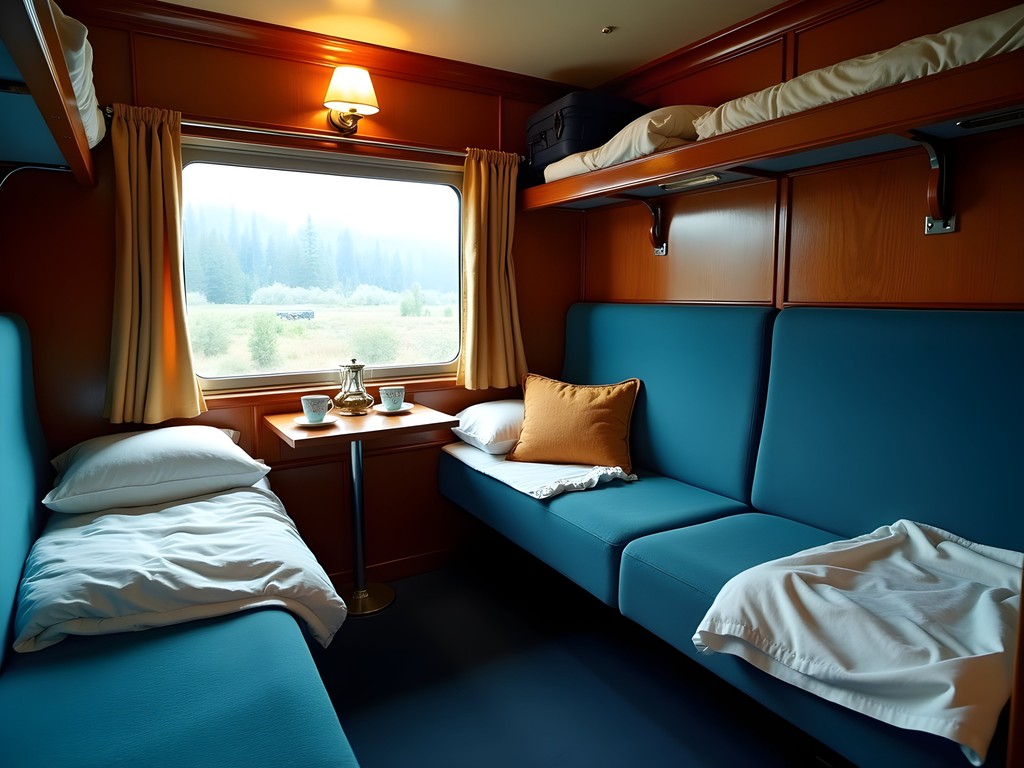
💡 Pro Tips
- Book train tickets 30-45 days in advance for best availability and prices
- Download the Yandex.Maps app (Russia's Google Maps) before your trip as Google services can be spotty
- Pack a power bank as electrical outlets are limited on the train
Arriving in Irkutsk: Gateway to Baikal
After days of watching the Russian landscape transform from European cities to endless taiga forests through my train window, arriving in Irkutsk felt like stepping into another world. This charming Siberian city, with its colorful wooden houses and blend of Russian and Asian influences, deserves at least a full day of exploration before heading to the lake.
I stayed at a locally-run guesthouse in the historic district, which cost about 2,500 rubles ($35) per night—a great mid-range option with authentic character. The owner, Elena, spoke enough English to help me navigate local transportation options to Lake Baikal and even invited me to join her family for a traditional Siberian dinner my first night.
Irkutsk surprised me with its vibrant food scene. The Central Market was my favorite spot to sample local specialties like omul (Baikal's endemic whitefish) and wild berry preserves. I also discovered a fantastic coffee culture here—don't miss the trendy cafés along Karl Marx Street, where I spent a morning planning my Baikal itinerary while enjoying Siberian pine nut pastries.
From Irkutsk, you have several options for reaching Lake Baikal. The most popular destinations are Listvyanka (the closest village, about an hour away) or Olkhon Island (the spiritual heart of the lake, requiring a longer journey). I chose to visit both, starting with Listvyanka to ease into the Baikal experience.
Getting to Listvyanka is straightforward—marshrutkas (minibuses) leave regularly from Irkutsk's central bus station for about 150 rubles ($2). I used my travel daypack for these day trips, which was perfect for carrying water, snacks, and my camera gear while keeping my hands free for navigating public transportation.
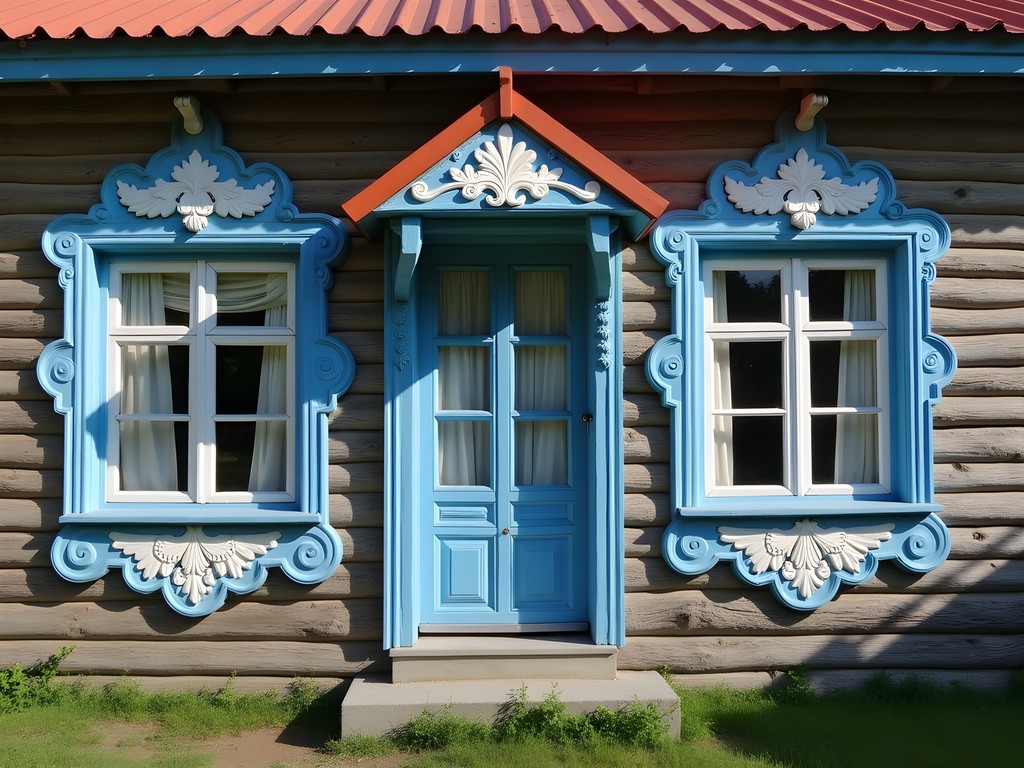
💡 Pro Tips
- Exchange money in Irkutsk as ATMs are scarce around the lake
- Purchase a local SIM card (MTS or Megafon) in Irkutsk for reliable data coverage
- Learn basic Cyrillic to read bus destinations and schedules
Listvyanka: First Encounter with the Sacred Sea
Listvyanka may be the most accessible part of Lake Baikal, but don't let its tourist-friendly reputation deter you. This fishing village offers a gentle introduction to Baikal's magic and serves as the perfect base for day hikes and water activities.
I spent my first hour in Listvyanka simply sitting on the pebbly shore, mesmerized by the lake's clarity. They call Baikal the 'Galapagos of Russia' for its unique ecosystem, and the water is so pure you can reportedly drink it straight from the lake (though I stuck to my water filter bottle to be safe).
Accommodation in Listvyanka ranges from basic homestays to upscale hotels. I chose a mid-range guesthouse with lake views for about 3,500 rubles ($50) per night, which included a hearty Siberian breakfast. The owners were a wealth of local knowledge and helped arrange my activities.
Must-do experiences in Listvyanka include:
- Baikal Museum: A fascinating introduction to the lake's unique ecosystem and endemic species
- Nerpinary: Where you can see the world's only freshwater seals (nerpas)
- Hiking the Great Baikal Trail: I tackled the section to Bolshie Koty, a moderate 18km trek offering stunning coastal views
- Visiting the fish market: Where local babushkas sell smoked omul—a delicacy you can't leave without trying
One experience I hadn't planned but ended up being a highlight was visiting a traditional banya (Russian sauna). My guesthouse had its own, and after a long day hiking, the ritual of alternating between the intense heat and cooling off with lake water was both invigorating and culturally immersive.
While Listvyanka has plenty to offer, I was eager to experience the more spiritual side of Baikal. After three days, I packed up and headed to my next destination: Olkhon Island, the sacred heart of the lake.
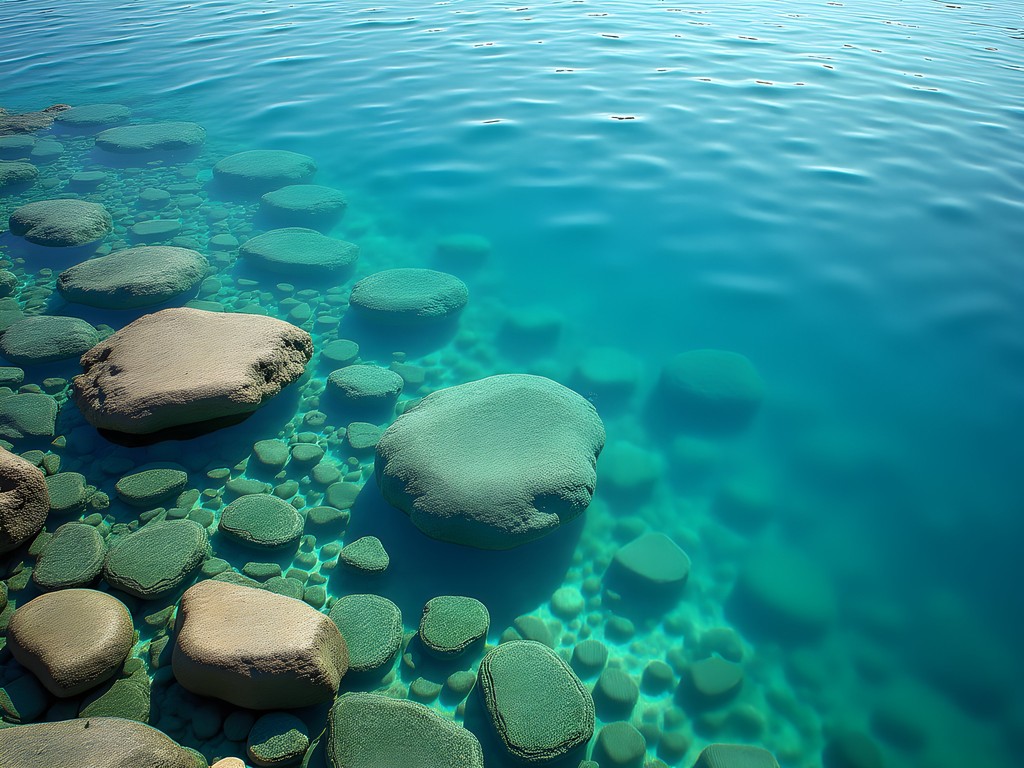
💡 Pro Tips
- Bring layers as the temperature around the lake can change dramatically, even in summer
- Try the smoked omul, but eat it fresh—it doesn't travel well as a souvenir
- Book Great Baikal Trail hikes with a guide if you're not comfortable navigating alone
Olkhon Island: The Spiritual Heart of Baikal
The journey to Olkhon Island is an adventure in itself. From Irkutsk, I took a marshrutka that bumped along for six hours, including a short ferry crossing. The final stretch across the island's unpaved roads felt like being in a washing machine, but the moment we crested the hill overlooking Khuzhir village and the iconic Shamanka Rock, I knew every jarring moment was worth it.
Olkhon Island is considered the spiritual center of Lake Baikal, sacred to local Buryat people who practice a form of shamanism. The energy here is palpable—there's a stillness and majesty that's difficult to put into words.
I stayed in Khuzhir, the main settlement, at a family-run guesthouse that cost 2,800 rubles ($40) per night including three home-cooked meals daily. The facilities were basic but clean, with shared bathrooms and unreliable electricity—part of the authentic experience of this remote location.
My days on Olkhon followed a natural rhythm. Mornings began with watching the sunrise over Shamanka Rock, a sacred shamanic site where I often saw locals performing rituals. I'd explore on foot or join excursions in UAZ vans (Russian military vehicles repurposed for tourism) to reach the island's northern cape and hidden beaches.
The most profound experience came when I participated in a traditional Buryat ceremony led by a local shaman. We tied colorful fabric strips called 'serge' to trees as offerings, while the shaman performed rituals to honor the spirits of Baikal. Though I was an outsider, I was welcomed with warmth and openness that touched me deeply.
For capturing these once-in-a-lifetime moments, my mirrorless camera was perfect—lightweight enough for hiking but powerful enough to capture both sweeping landscapes and intimate cultural moments. The battery life was impressive, which was crucial given the limited charging opportunities on the island.
Evenings on Olkhon were spent around campfires with fellow travelers, sharing stories and gazing at stars that seemed close enough to touch in the unpolluted Siberian sky. In these moments, thousands of miles from home, I found a sense of connection that transcended language and culture.
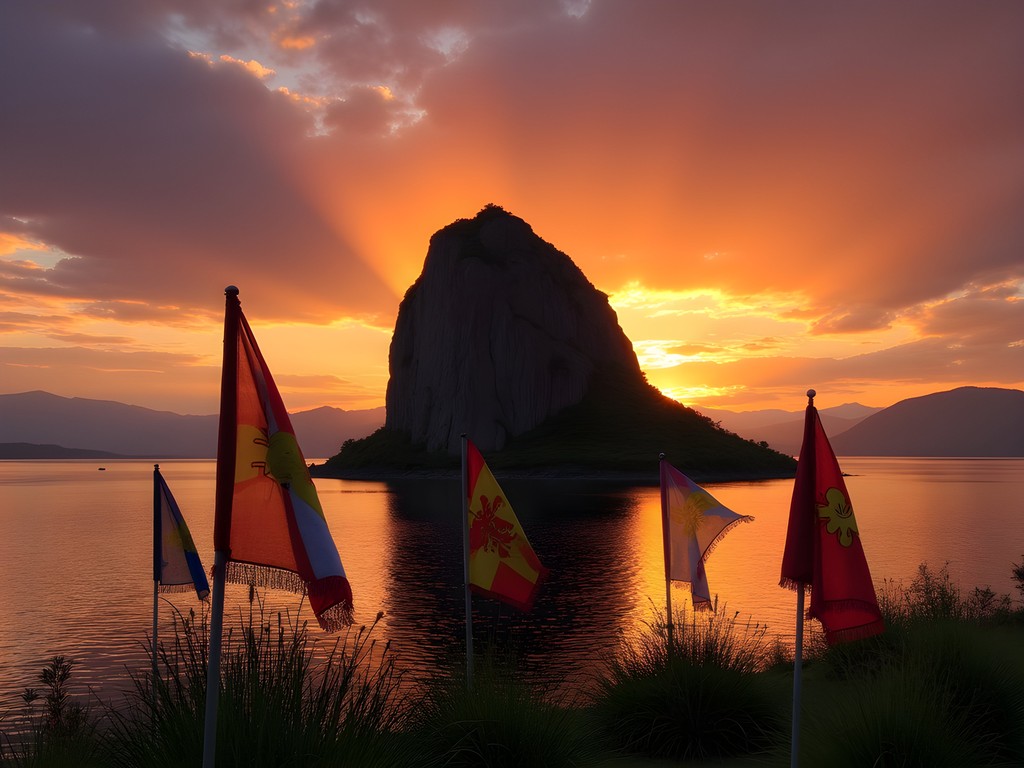
💡 Pro Tips
- Bring cash as there are no ATMs on the island
- Pack a headlamp as power outages are common
- Respect local customs by asking permission before photographing shamanic sites or ceremonies
Connecting with Locals: The Heart of Baikal Experience
What elevates a trip from tourism to true travel is connection with local people, and nowhere was this more evident than at Lake Baikal. Despite language barriers (my Russian vocabulary barely extended beyond 'spasibo' and 'pozhalusta'), I found ways to forge meaningful connections that enriched my understanding of this special place.
In Listvyanka, I met Nikolai, a retired biologist who spent his career studying Baikal's unique ecosystem. Though we communicated through a mix of broken English, hand gestures, and my translation app, his passion for the lake transcended language. He invited me to join his morning swim ritual—plunging into the frigid waters at sunrise. The water never exceeds 15°C (59°F) even in summer, but the experience was exhilarating and followed by hot tea with herbs he'd gathered himself.
On Olkhon Island, I was fortunate to spend time with a Buryat family who welcomed me into their home for a traditional meal. They taught me to make pozy (Buryat dumplings), laughing good-naturedly at my clumsy attempts. The grandmother of the family, who spoke no English, took a particular liking to my curly hair, which reminded her of her granddaughter's. By the end of the evening, we were looking through family photo albums together, communicating through smiles and the universal language of family pride.
One of my most cherished experiences was joining a group of local women gathering herbs near our guesthouse. They showed me which plants were used for tea, medicine, and cooking, explaining their traditional uses through our patient host who translated. I recorded their knowledge in my travel journal, which I've filled with pressed herbs, sketches, and notes from our foraging expedition.
These connections offered insights no guidebook could provide—like learning that Baikal locals can tell the weather by the lake's changing color, or that specific spots along the shore are believed to have healing properties for different ailments. These moments of cultural exchange weren't planned or scheduled but emerged organically from staying open to interaction and showing genuine interest in local ways of life.
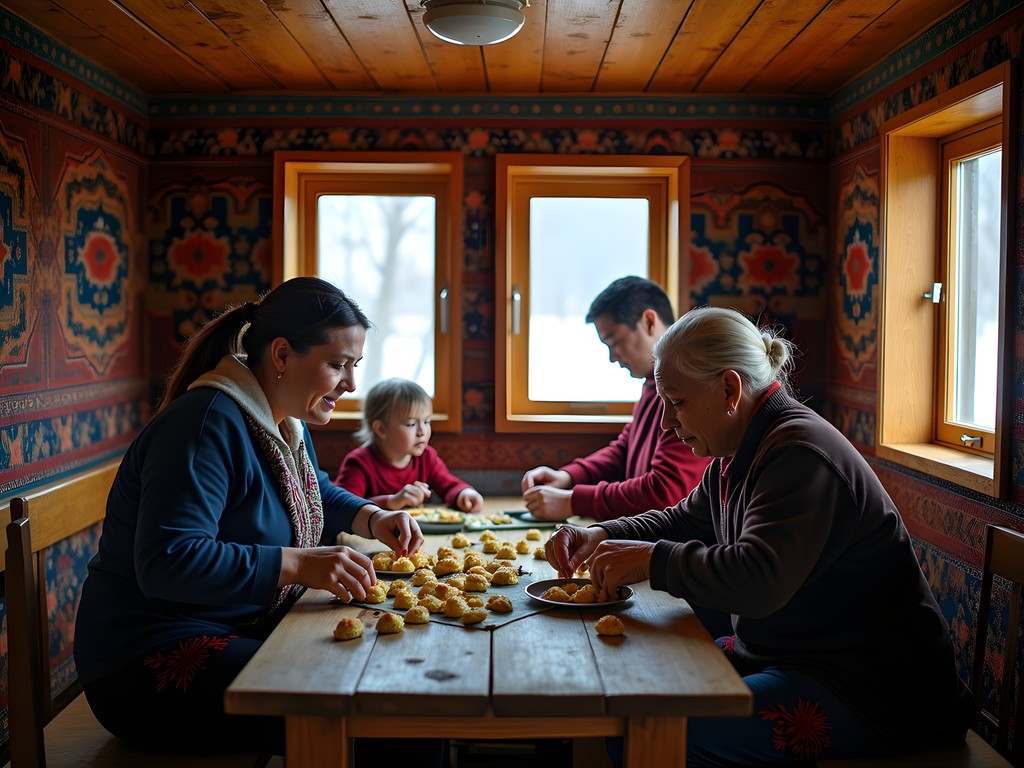
💡 Pro Tips
- Learn basic Russian phrases—even imperfect attempts are appreciated
- Bring small gifts from your home country to share with hosts and new friends
- Accept invitations from locals even if they take you off your planned itinerary
Practical Tips for Solo Female Travelers
Traveling solo as a woman to remote parts of Russia might sound intimidating, but with proper preparation, it was one of the most rewarding experiences of my life. Here's my honest assessment of the challenges and joys of exploring Lake Baikal independently.
First, the visa process requires patience. Russian tourist visas need an invitation letter, which I obtained through my first hotel in Moscow. Start this process at least 6 weeks before travel. I found the actual application straightforward but time-consuming.
As for safety, I experienced no issues as a solo female traveler. In fact, I often received extra care and concern from locals who were impressed (and sometimes confused) by my solo journey. That said, I took standard precautions: keeping someone at home updated on my whereabouts, avoiding late-night walks alone, and trusting my instincts about situations and people.
The language barrier was my biggest challenge. While younger Russians in cities often speak some English, in remote areas around Baikal, Russian is essential. I used a combination of the Google Translate app (downloaded for offline use) and a picture dictionary. Learning the Cyrillic alphabet before my trip was invaluable for reading signs, menus, and transportation schedules.
For connectivity, I purchased a Russian SIM card (MTS) in Irkutsk, which provided surprisingly good coverage even on Olkhon Island. This was crucial for navigation, translation, and staying in touch with family.
Packing for Baikal requires careful consideration. Summer temperatures can range from hot days (25°C/77°F) to chilly nights (5°C/41°F). I lived in my hiking pants, which were perfect for varying conditions—quick-drying after lakeside adventures and presentable enough for visits to local homes.
Finally, embracing solitude was part of the journey. There were moments—watching the sun rise over the lake or hiking remote stretches of coastline—when the aloneness felt profound and purposeful. These quiet moments of connection with this ancient landscape became the soul of my Baikal experience.
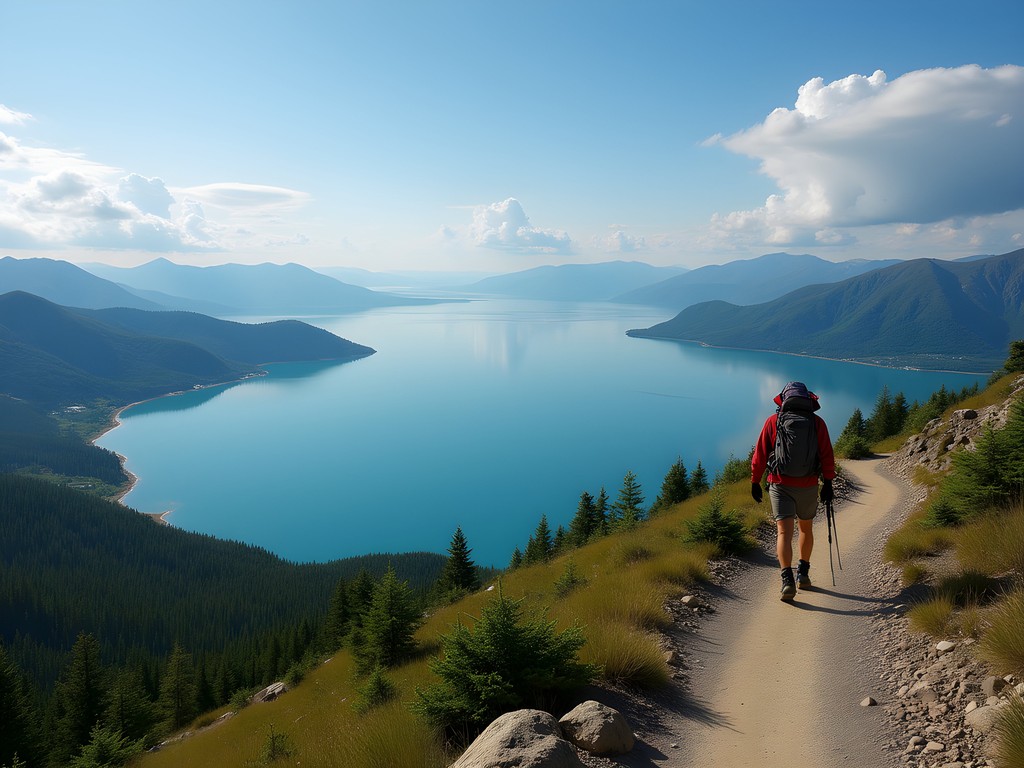
💡 Pro Tips
- Download offline maps, translation apps, and entertainment before arriving in remote areas
- Carry a doorstop for added security in basic accommodations
- Make color copies of your passport, visa, and insurance information to keep separate from originals
Final Thoughts
As my Trans-Siberian train pulled away from Irkutsk, carrying me back toward Moscow and eventually home, I pressed my forehead against the window for one last glimpse of the Siberian landscape. Lake Baikal had worked its way into my heart in ways I hadn't anticipated. What began as an adventure to see Russia's natural wonder transformed into a journey of cultural connection and personal reflection.
The locals have a saying that once you visit Baikal, the lake calls you back throughout your life. I understand that sentiment now. There's something about this ancient body of water—perhaps its vastness, its clarity, or the spiritual reverence it inspires—that leaves an indelible mark on your soul.
If you're considering a solo journey to Lake Baikal, know that it requires more preparation than many destinations, but rewards you immeasurably. Come with an open heart, a flexible itinerary, and a willingness to step outside your comfort zone. The Sacred Sea awaits, ready to share its magic with those patient enough to make the journey.
✨ Key Takeaways
- Lake Baikal offers both natural beauty and cultural richness for solo travelers willing to venture beyond typical tourist routes
- Breaking the journey into segments (Listvyanka and Olkhon Island) provides a comprehensive Baikal experience
- Connecting with locals transforms the experience from sightseeing to meaningful cultural exchange
📋 Practical Information
Best Time to Visit
June to August
Budget Estimate
$1,500-$2,500 for 2 weeks (excluding international flights)
Recommended Duration
Minimum 10 days, ideally 2 weeks
Difficulty Level
Challenging

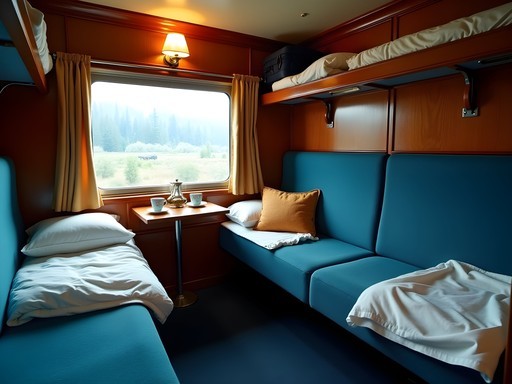
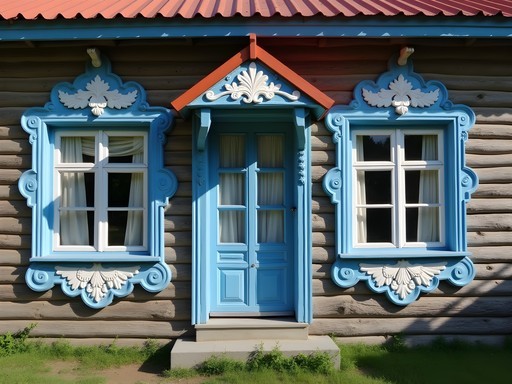
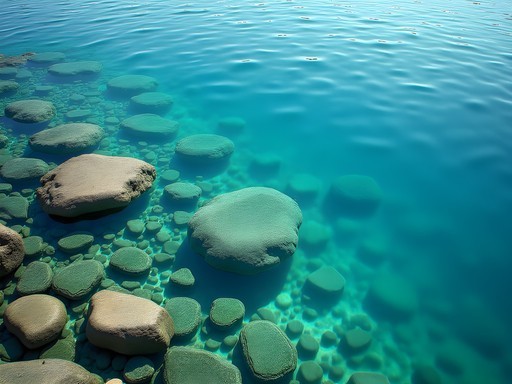
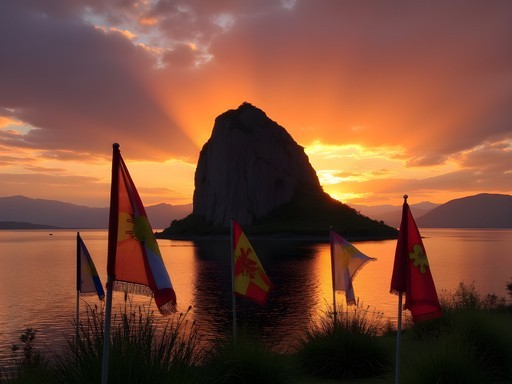
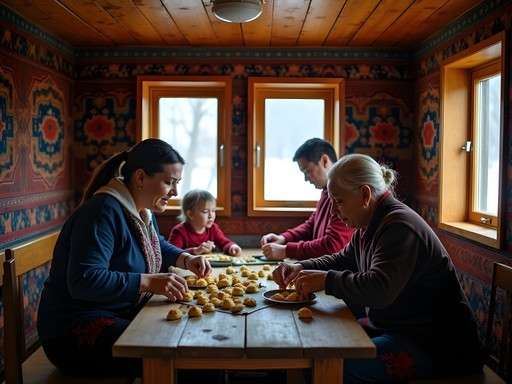
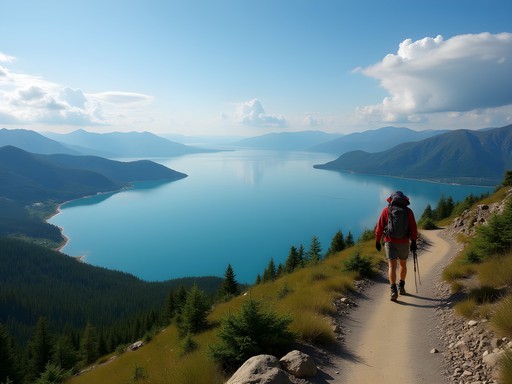



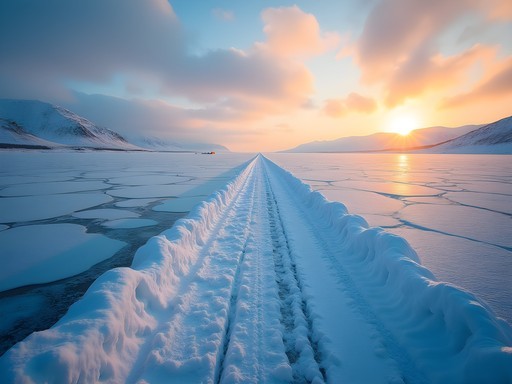
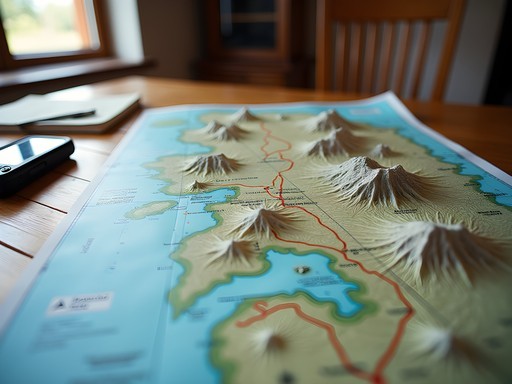
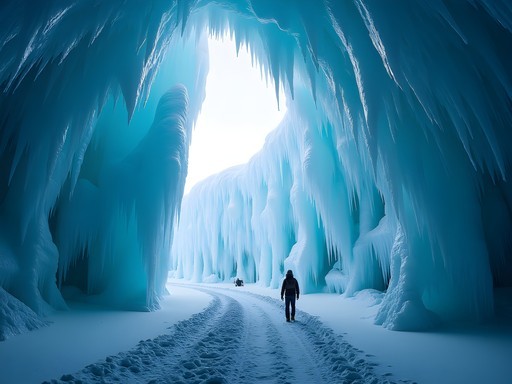
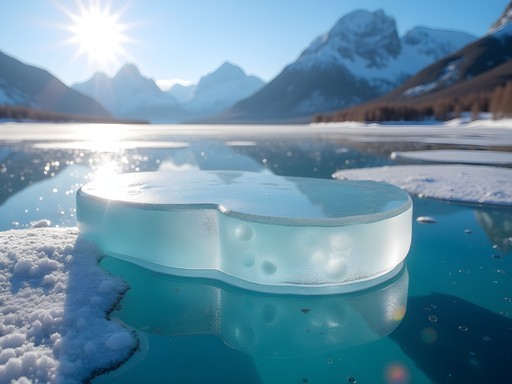
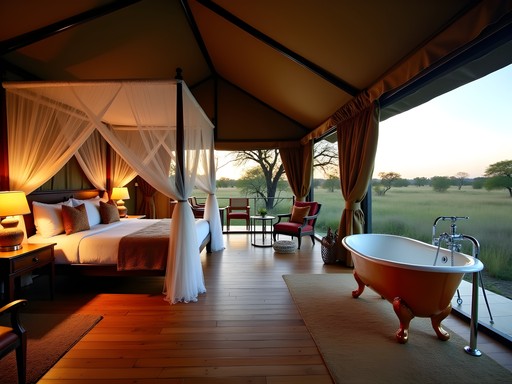


Comments
freelover
Going in July! Is two weeks enough for the whole route?
Hunter Thompson
Two weeks is decent but you'll be moving fast. I'd say minimum 5 days for Baikal itself if you want to really experience it properly.
Jean Wells
Excellent write-up on the logistics, Haley. For others considering this route: the Russian visa process has actually become more streamlined since 2024, but still allow 4-6 weeks minimum. I'd also recommend booking your train tickets through RZD's official site rather than third-party agencies - you'll save considerably. One thing I learned on my Baikal trip: download offline maps for the entire region. Cell coverage around the lake is spotty at best, and having navigation saved me multiple times when exploring independently. The marshrutka schedules between villages are also quite unreliable, so build buffer time into your plans.
explorezone4809
thanks for the visa tip! was stressing about that
wildtime
Those sunset photos are stunning!
Hunter Thompson
Absolutely brilliant post, Haley! I did the Trans-Sib last summer and totally agree about Olkhon Island being the spiritual heart. Did you stay at Nikita's Homestead? The vibe there is incredible - met travelers from literally every continent. One tip I'd add: if anyone's doing this in summer, rent a bike on Olkhon. You can cover so much more ground than the organized tours and find completely empty beaches. The freedom is unreal. How long did you spend on the island total?
Haley Ford
Yes! Nikita's was perfect. I did 4 nights on Olkhon - wish I'd had more time honestly. Bike rental in summer sounds amazing!
freeclimber
How cold was it when you went in February? Been thinking about doing this but worried about the winter temps
Haley Ford
It was COLD - around -20°C most days! But honestly the frozen lake is so worth it. Just layer up and invest in good boots. The ice formations are unreal in winter.
freeclimber
ok that's brutal but yeah those ice pics are incredible
explorezone4809
This looks amazing!! Adding to my bucket list
globeway
Those photos of the shaman poles against the lake backdrop are incredible! I've been researching this trip and your post has convinced me to add more days at Baikal. Did you book your accommodations in advance or find places when you arrived? I'm trying to keep my itinerary flexible.
Haley Ford
Thank you! I booked Irkutsk and my first night in Listvyanka in advance, but arranged Olkhon Island accommodations as I went. Just be aware that during peak summer (July-August), Olkhon guesthouses fill up quickly. The shoulder seasons offer more flexibility.
moonvibes
I'm planning to visit Olkhon Island this summer. Any tips on what to pack? Did you need any special gear for hiking around Baikal?
Haley Ford
Definitely bring layers! Even in summer, the weather can change quickly. Good hiking boots are a must for the rocky terrain. Also, bring a water filter bottle - I drank straight from Baikal with mine! And don't forget insect repellent for the evenings.
moonvibes
Thanks for the tips! Will definitely pack my hiking boots and look into a water filter bottle.
Charlotte Watkins
What a wonderful adventure, Haley! My husband and I did the Trans-Siberian with our two teenage children last summer, though we took a slightly different approach. We broke our journey into smaller segments with longer stops in Yekaterinburg and Krasnoyarsk before reaching Baikal. For families considering this trip, I'd recommend bringing plenty of card games and books for the train rides. The kids actually loved the digital detox! We stayed in a family homestay on Olkhon Island where the grandmother taught my daughter how to make traditional Buryat dumplings. Those unexpected cultural exchanges became the highlight of our trip. I'm curious - did you find the 3rd class platzkart intimidating or was it part of the adventure for you?
Haley Ford
Charlotte, I love that your whole family did this journey! The homestay cooking lesson sounds amazing. I actually enjoyed platzkart - it was definitely more social than the 2nd class compartments. Met some wonderful babushkas who shared their homemade food with me despite the language barrier!
vacationexplorer
Did you feel safe as a solo female traveler on the Trans-Siberian? I've been wanting to do this journey forever but always hesitated about going alone.
Haley Ford
Great question! I felt surprisingly safe throughout the journey. The train compartments have locks, and there's always attendants (provodnitsa) watching the carriages. In Baikal, the tourist areas felt very secure. Just use common sense precautions like anywhere else. The language barrier was actually my biggest challenge!
vacationexplorer
That's reassuring to hear! Did you use any translation apps that worked well offline?
Haley Ford
I downloaded the Russian language pack on Google Translate before going - absolute lifesaver! Also had a small phrasebook with me for when my phone died.
Venture X
Premium card with 2X miles, $300 travel credit, Priority Pass